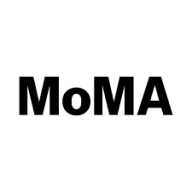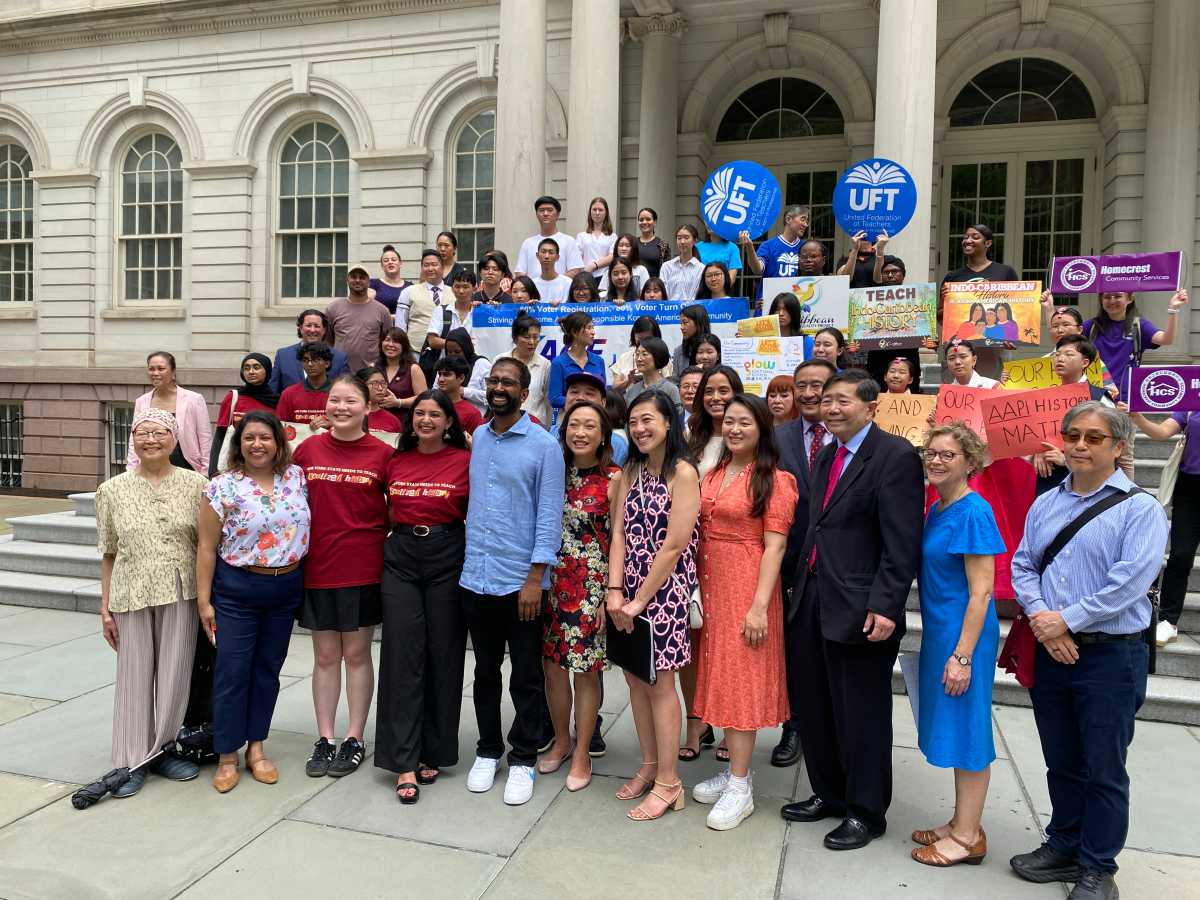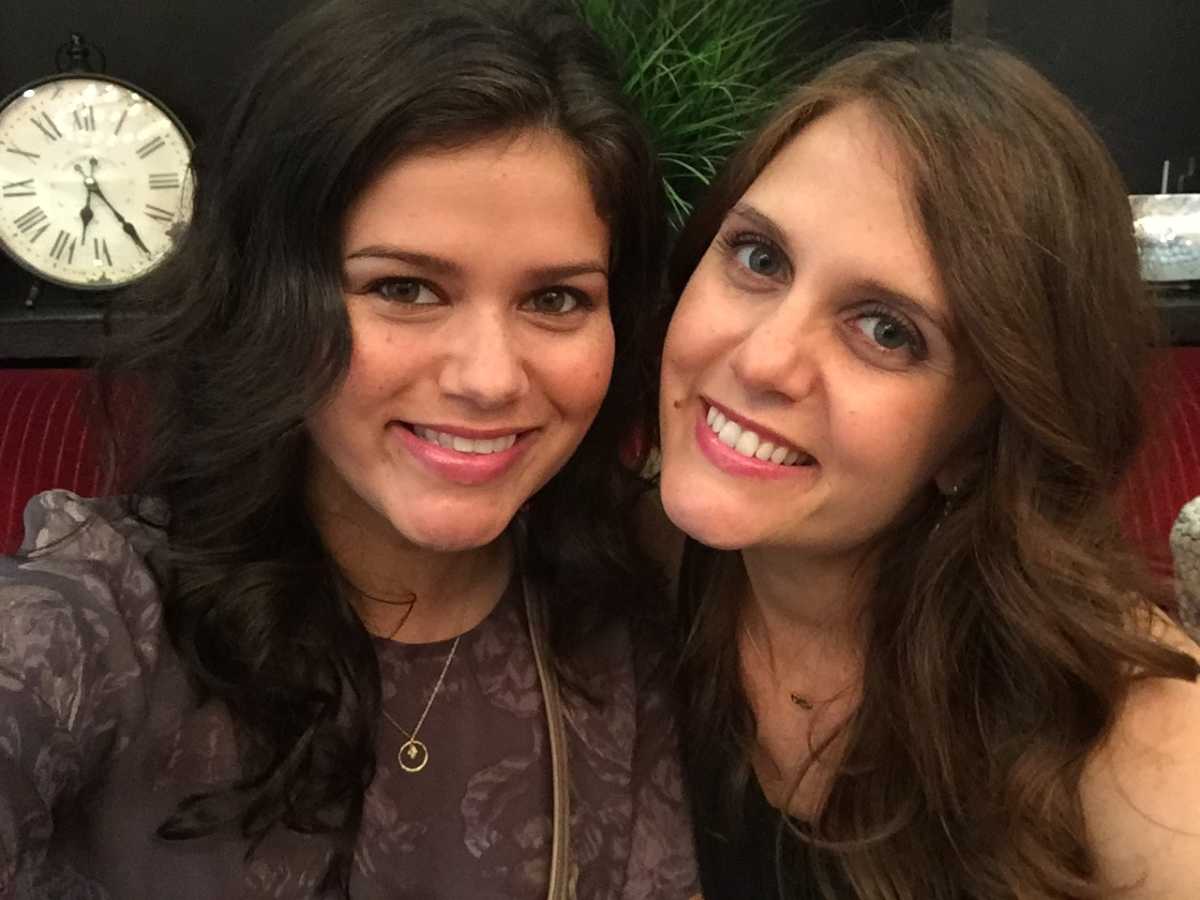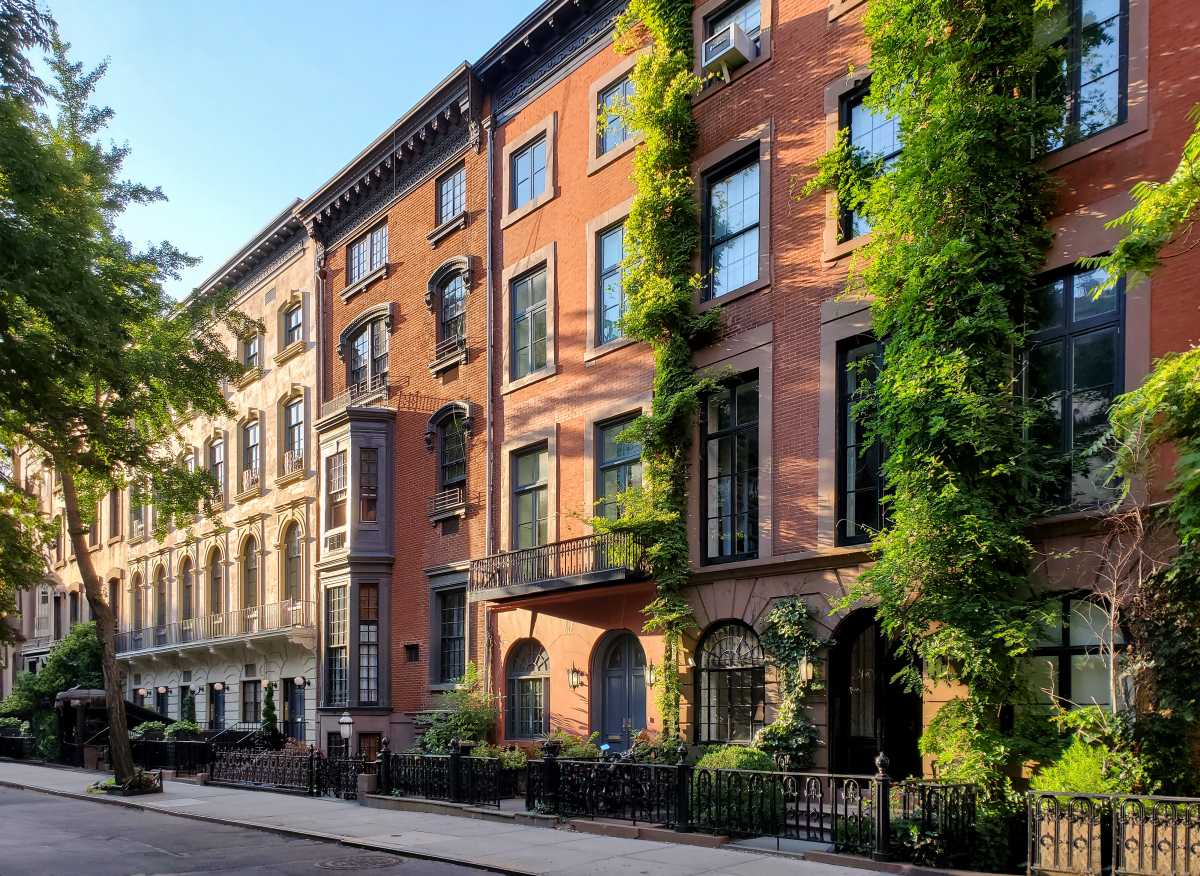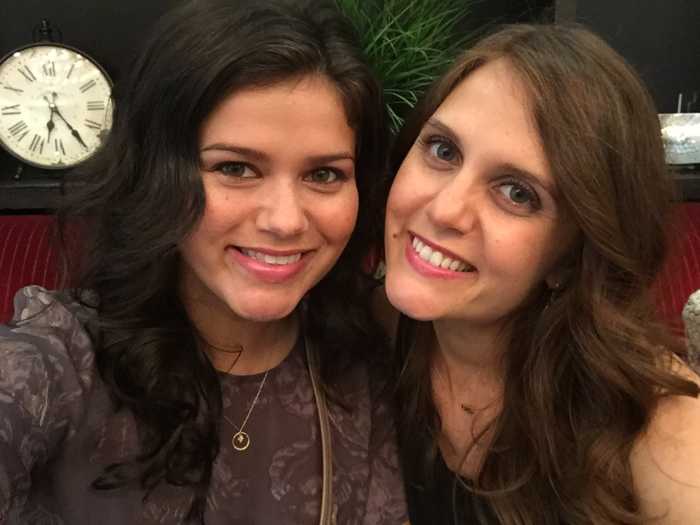BY John Bayles
It’s petition time for the Downtown Independent Democrats, something the organization has taken very seriously since its grass roots days when it began in the early 1970’s. And it’s that grassroots attitude that President Jeanne Wilcke is hoping to revive.
“One of the goals I had when I was looking at running for D.I.D. president,” said Wilcke, “was we’re going to get back to the grassroots days. When it was formed, some of the history was real neighborhood activism – getting loft tenants legal, there was no garbage pickups in those days and giving a voice to the community.”
She continued, “In a way I said I want to backtrack and move it forward by connecting it more with the community groups.”
Her last point ties in with the organization’s recent decision concerning the New York City Charter Revision Commission. On their petition will be a resolution that reads, “The Charter Revision process being essential to our city and our democracy, Downtown Independent Democrats calls upon the Charter Revision Commission to follow these guidelines.”
Among the guidelines are “frequent, open public forums in every corner of the City and that any future changes to the City Charter as passed by the voters of New York City be subject to ratification by the voters.”
The commission, appointed by Mayor Bloomberg, has recently embarked on a series of forums; one forum in each of the five boroughs for the month of June and has been promoting the commission via facebook and even web-casting some of the meetings. But as D.I.D. sees it, these actions are not enough and could even be considered a charade. Wilcke herself went to one of the forums, at which, according to her, only ten people showed up and chose to speak.
“There was this sense in the room that it was a done deal and they were just going through the motions,” she said. “For the public to be engaged, you have to listen to the public.”
District Leader Paul Newell, a D.I.D. member, said he was afraid the entire commission might be used to “shoehorn centralization of mayoral power.” He said while on the outset the process appears democratic, since the commission is appointed by the mayor, by fiat they have no one to answer to except Bloomberg himself and will not be held accountable by the voters.
“The potential problem is that the mayor often views public input as an obstacle to getting things done,” said Newell.
Newell used community boards as an example. He said the mayor doesn’t mind letting people stand up and speak, but that he believes the mayor likes the idea that a community board resolution remains only an advisory opinion, with no real teeth.
With the revising of the charter, which is to the city what the U.S. Constitution is to the country, D.I.D. wants to ensure that the voices of the community are heard. Newell suggested every single NYC Councilmember holding a “feedback” forum in their district. He said ideally, he would like to see something similar to a Constitutional Convention, where ideas are fleshed out for days upon days until there is compromise and until everyone has been heard.
The problem though is the timeline. This particular review commission, appointed just last March, is supposed to wrap up by the end of the year and have resolutions resulting from their research on this November’s ballot.
Wilcke said she was recently reading a story about the charter review under Mayor Ed Koch in the 80’s.
“They took a very long time, lots of public outreach, plain language and understanding,” said Wilcke. “Then fast forward. It’s not the same, it’s such a very short time frame.”
For DID the most important thing is that any changes to the charter must be voted upon by the public and ratified by the public.
“During Koch’s time the commission itself was really listening,” said Wilcke, “as opposed to now when much of the public and many of the people up on what’s going on in politics are looking at it with suspicions, thinking that behind the scenes are certain agendas being pushed.”




